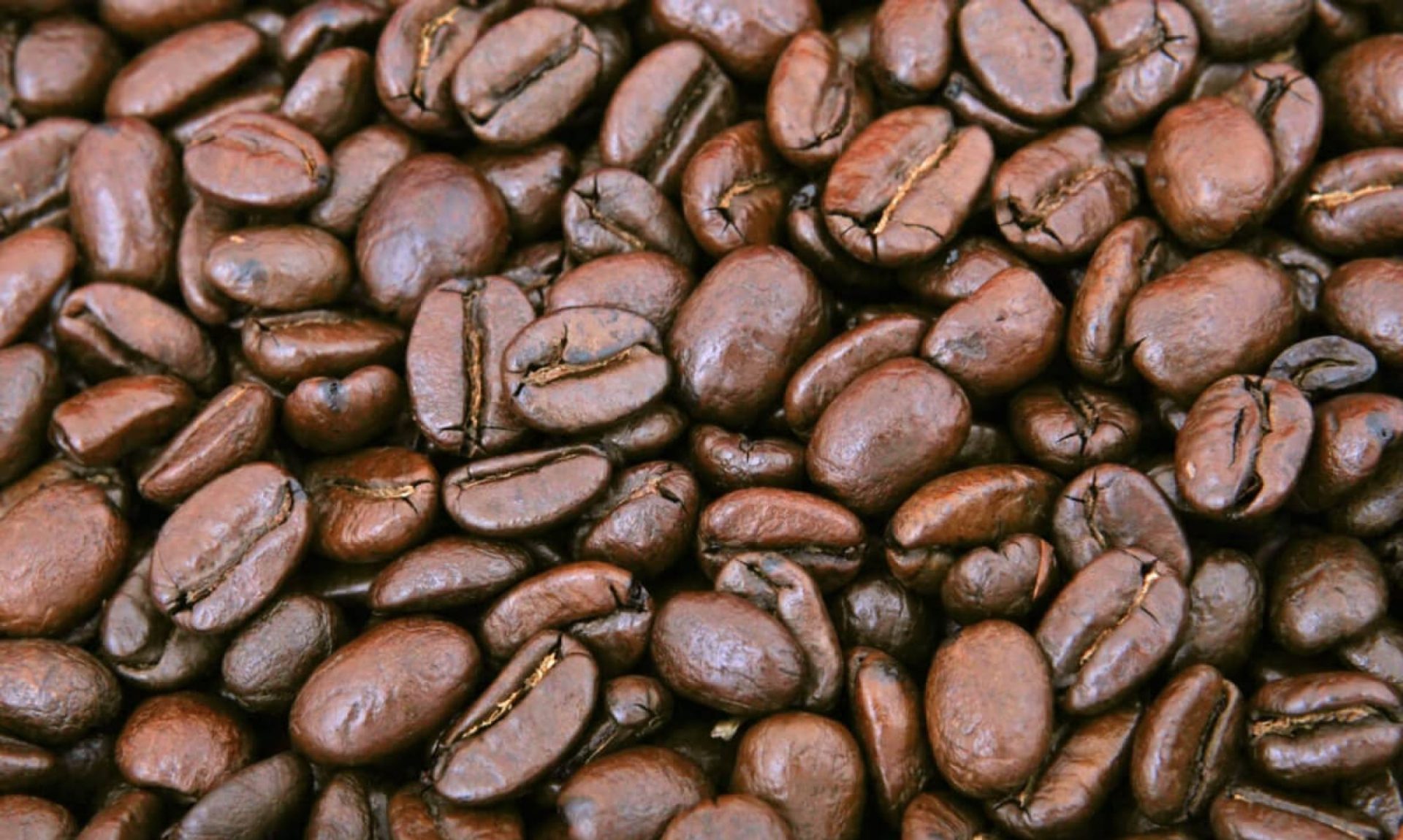In the realm of coffee brewing methods, the AeroPress stands out as a versatile andpopular tool. Designed by Alan Adler, this compact and innovative device has gained a devoted following among coffee enthusiasts worldwide. Whether you’re a experienced barista or a coffee lover looking to improve your home brewing skills, the AeroPress offers a unique and rewarding coffee experience. In this blog post, we will dive into the art of using the AeroPress and unlock the secrets to brewing exceptional coffee with this remarkable brewer.
Understanding the AeroPress
The AeroPress is a manual coffee brewer consisting of two cylindrical chambers, a plunger, and a filter. It uses the principle of submerged brewing and pressure to extract flavors and oils from the coffee grounds. To get started, familiarize yourself with the main components of the AeroPress and its different brewing methods: the standard method and the inverted method.
The standard method
The standard method is a straightforward way to brew coffee with the AeroPress. Here’s a step-by-step guide to get you started:
- Boil water and allow it to cool slightly, ideally to about 200°F (93°C).
- Insert a paper filter into the AeroPress’s filter cap and rinse it with hot water to remove any paper taste.
- Assemble the AeroPress by placing it on a sturdy cup or a carafe.
- Pour freshly ground coffee into the AeroPress chamber. Aim for a medium to fine grind size, similar to table salt.
- Start a timer and pour the hot water over the coffee, making sure all the grounds are saturated. Stir gently for a few seconds to ensure even extraction.
- After 1-2 minutes, place the plunger on the AeroPress chamber and apply gentle pressure to begin the extraction. Aim for a slow and controlled press, taking about 20-30 seconds to complete.
- When you hear a hissing sound, indicating that all the liquid has been pushed through, stop pressing. You can stop just before reaching the hiss if you prefer a milder cup of coffee.
- Serve and enjoy your freshly brewed AeroPress coffee. It can be enjoyed straight or diluted with hot water to your desired strength.
The inverted method
The inverted method offers more control over the brewing process and allows for a longer infusion time. Here’s a simplified version of the inverted method:
- Assemble the AeroPress upside down, with the plunger fully inserted into the chamber.
- Add coffee and hot water to the inverted AeroPress, following the same guidelines as the standard method.
- Stir gently to ensure proper saturation and even extraction.
- After the desired infusion time (usually about 1-2 minutes), carefully flip the AeroPress onto your cup or carafe.
- Apply gentle pressure to the plunger to extract the coffee, aiming for a slow and controlled press.
- Serve and enjoy your expertly brewed AeroPress coffee.
Experiment and tefine your technique
The beauty of the AeroPress lies in its versatility and the ability to experiment with different factors. Play around with different coffee-to-water ratios, grind sizes, brew times, and even water temperatures to find your preferred flavor profile. Each adjustment will result in a unique flavor experience, allowing you to refine your technique and brew the perfect cup of coffee.
Conclusion
The AeroPress offers coffee lovers a delightful and accessible way to brew exceptional coffee. With its portability, ease of use, and remarkable versatility, it has become a staple in the arsenal of many coffee enthusiasts. By mastering the art of AeroPress brewing and experimenting with different variables, you can unlock a world of flavor and take your coffee brewing game to new heights. So, grab your AeroPress, embark on this exciting journey, and enjoy the rewarding process of brewing a sensational cup of coffee with this remarkable machine.
